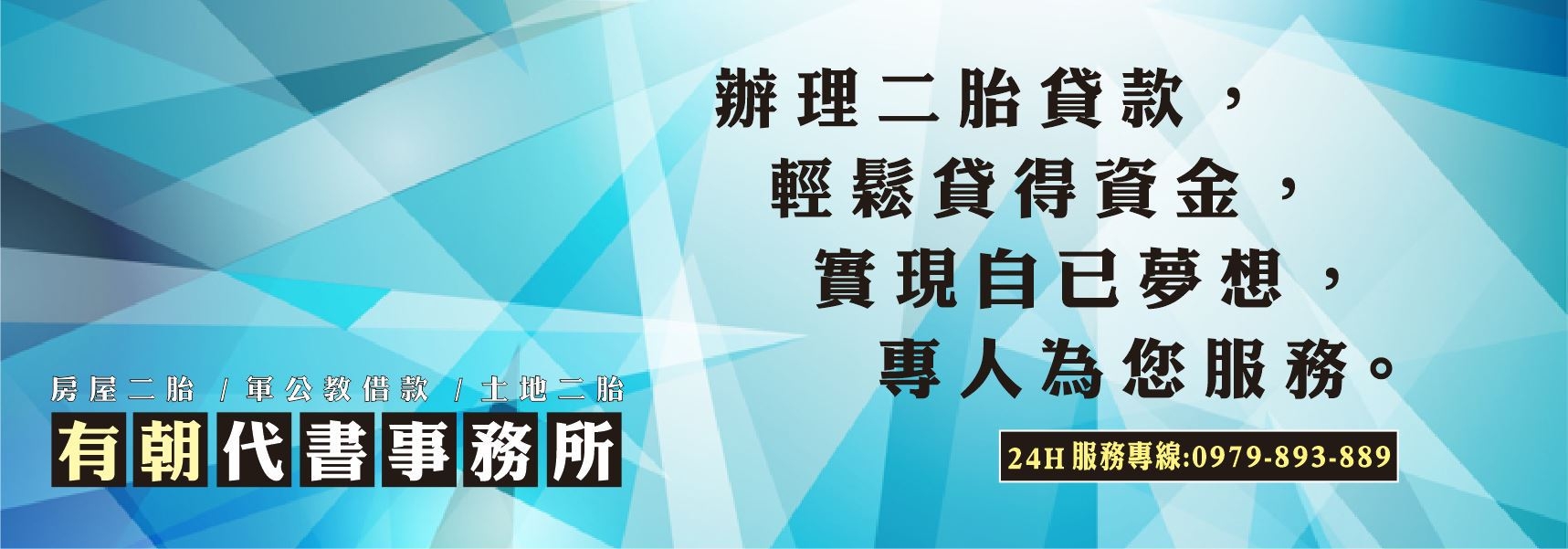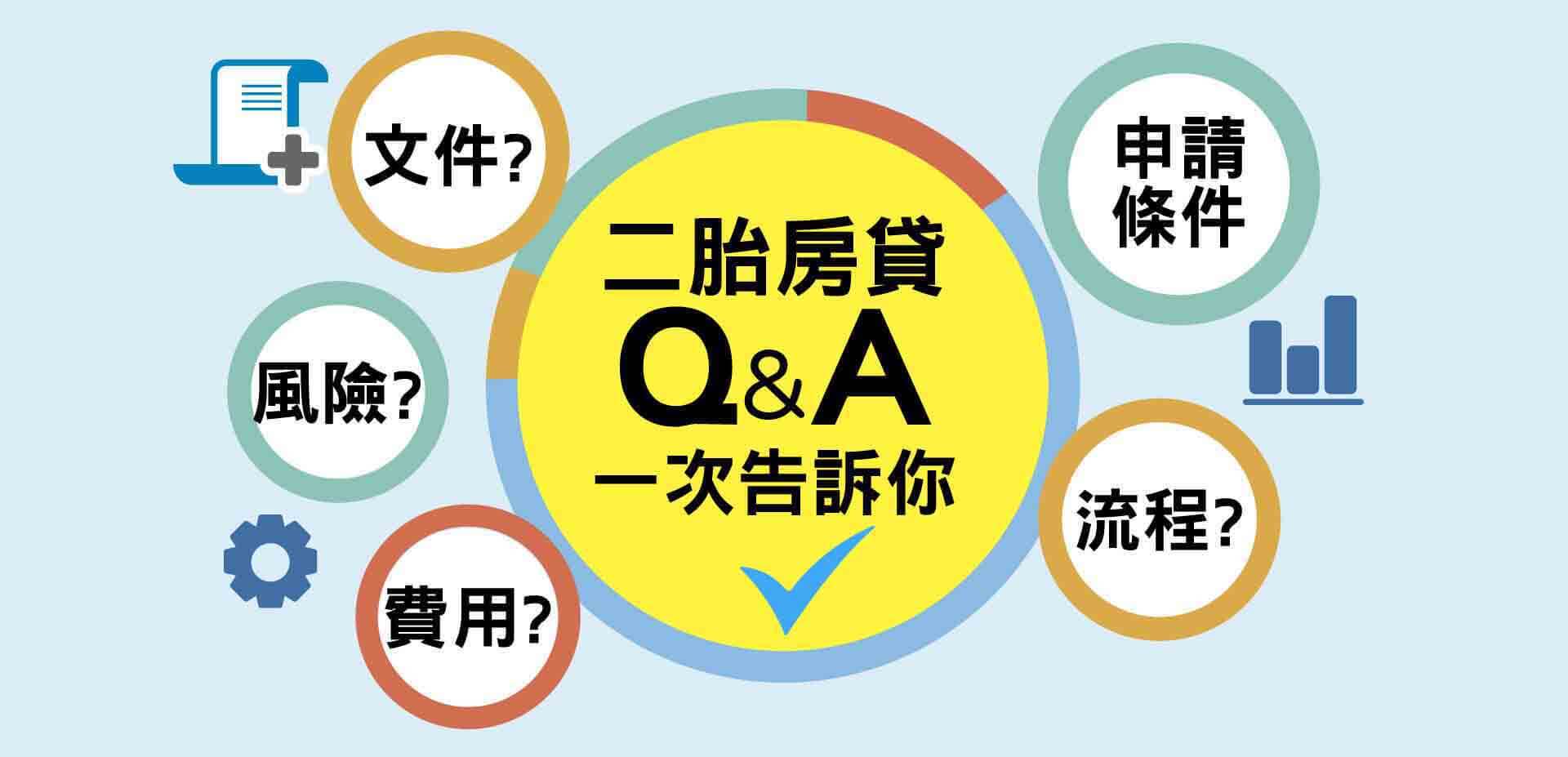1.授權人應持有效之身分證明文件親至我駐外館處辦理,倘須以中文申請須提示中文姓名身分證件。倘授權人因故無法親至駐外館處申辦時,授權人應先向當地公證人或其他有權機關證明授權書上授權人之簽字屬實後,併有效身分證明文件委託他人(應另出具經證明之委託書)或郵遞申辦。倘駐外館處無該公證人或有權機關之簽字、鈐印可供比對,得要求授權人將該文書先送至有簽字及鈐印樣本可供比對之主管驗證機關證明後始予受理。
2.授權書係屬授權人與被授權人間之委任契約,委任契約之授權期間應由當事人自行決定,行政機關無權予以限制,惟為避免授權期間太長,可能造成之困擾,授權人允宜訂有合理之「授權期間」以維自身權益。

人卡在海外想賣房 3步驟可隔空授權
武漢肺炎(COVID-19、新冠肺炎)疫情持續發威,雖然比起世界各國,在台灣是相對安全,但是搭乘飛機密閉空間有高度的風險,回國後還要居家檢疫14天,對於人在海外、有買賣需求的人來說,其實可透過海外授權方式,處理在台灣的房產。
社團法人新北市地政士公會指出,房屋買賣原則上是本人親自辦理,例外情形也可以授權辦理,因為人在海外需要多一道海外授權的程序,也就是所有權人必需親自到台灣的駐外使館辦理海外授權書,就可以委託國內的親朋好友幫忙處理,不需要本人親自回國。
社團法人新北市地政士公會特別提醒,授權人指的是本人,被授權人指是在台的親朋好友,房地標示及權利範圍要以土地及建物謄本的方式填寫正確,有些人僅寫房屋門牌,未填土地標示,殊不知房屋是蓋在土地上的,沒有土地標示,無法辦理過戶,會被地政事務所以補正方式處理,得重新再跑一趟駐外單位授權完整才會過戶,曠日費時。
另外,授權事項也要明確,申請印鑑登記、申請印鑑證明、簽立契約、用印、受領價金、點交不動產等事項必務詳實載明。值得一提的是,除了賣房子以外,出租、贈與或繼承不動產,人在國外不方便回國,都可以善加利用海外授權書。
不過,屋比房屋總監陳傑鳴也提醒,在屋主委託房仲售屋的實務上,也是依據海外授權這套原則處理,會有台灣的被授權人,但一般而言,若即將簽約了,房仲仍希望是由屋主親自返台處理,避免出現假授權狀況,降低交易風險。
若本人無法親自出面,如何授權代理人?
現代社會中人人工作忙碌,如欲事事躬親,誠非易事,且若事務處理之過程費時(例如買賣不動產之契約履行),更將使此一難度突顯。為此民法上之代理制度,適可解決此難題。依民法167條之規定︰代理權係以法律行為授與者,應向代理人或向代理人對之為代理行為之第三人以意思表示為之即可。而代理人(即被授權人)是法人或是自然人,原則上並無限制。
Q:若本人無法親自出面,如何授權代理人?
現代社會中人人工作忙碌,如欲事事躬親,誠非易事,且若事務處理之過程費時(例如買賣不動產之契約履行),更將使此一難度突顯。為此民法上之代理制度,適可解決此難題。依民法167條之規定︰代理權係以法律行為授與者,應向代理人或向代理人對之為代理行為之第三人以意思表示為之即可。而代理人(即被授權人)是法人或是自然人,原則上並無限制。
但有一問題必須加以探討,那就是在不動產買賣中,買賣雙方可否授權仲介公司為代理人代為履行債權債務(例如︰收款)按民法574條規定,居間人就其媒介所成立之契約無為當事人給付或受領給付之權,此乃是就居間人工作之性質所為之規定,蓋其擔任之角色只是一個媒介者而已。從此條文之規定中,是否即可導出不得授權仲介公司為代理人之結論則目前尚未定論,法院亦無相關之見解可供參考。
曾有房屋仲介公司發生客戶授權業務員為代理人,經幾次把房屋價款委交該業務員無誤後,再把尾款三百多萬元直接匯入該業務員帳戶,最後業務員捲款失蹤的案例,造成客戶鉅大的損失。後來,買方向法院控訴仲介公司,經三審定讞,「由於代理人的失職以致客戶受損,由代理人之公司負責連帶責任,必須賠償…」為此,國內房屋仲介公司即嚴格禁止其附屬之業務員接受代理人之授權,該公司亦不接受此類之授權,以免造成不必要之困擾。因買賣雙方之權益及立場往往是不同的,如果由仲介公司擔任將會使其由原先中間人可超然處理雙方事務及爭端之功能受到影響,另外在委託仲介公司處理售屋買屋之事務,買方或賣方,都須擁有各自不同的業務經紀人,如此可較具客觀立場,以避免在房價的議定上產生單人壟斷的弊端。至於代理人的資格或年齡有怎樣的限制,依多數見解皆認為,並不限於成年人,限制行為能力人(即7歲以上未滿20歲)亦可,此觀民法104條,代理人所為或所受意思表示之效力不因其受限制行為能力人而受影響之規定,即可明瞭。但須有意思(註)能力,禁治產人(註)即絕對不得為代理人。然法律之規定雖是如此,站在實際處理事情之角度來看,代理人之選擇,還是應以一成熟、經驗豐富之成年人為佳。且在不動產買賣更須如此·授權行為除須注意前面所述之事項外,還要注意授權範圍之明確,以杜爭議,在不動產之買賣應有書面授權,故簽約當時未能親自出面,應出具合法授權書,授權他人代理。代理人應備有授權書及身分證明,並對於所處分之房地產的標示、權利範圍、授權方式等,有詳細記載,以示明白瞭解。
委任他人全權簽約時,應出具特別授權之委任書,上面須詳載委任他人全權簽約、收款用印、交付證件及有關一切等事宜。委任書應加蓋印鑑章,並附印鑑證明乙份,由代書存執。
民法第533條、第534條規定︰委任分為特別委任與一般委任。受特別委任者,就委任事務之處理,可以替委任人做一切必行之行為。受一般委任者,可以替委任人做一切法律上的行為。委任處理之事務,必須為法律行為,亦即應以文字為憑者,故其處理權之授與,亦應以文字立據,故必須要有委任書或授權書。
房地產處分,若所有權人在國外,應出具由我國駐外單位簽證之授權書,再加上被授權印鑑章、印鑑證明、身分證及有關證件即可辦理。旅外僑民向駐外單位申辦授權書簽證。授權國內親友代為出賣不動產、設定負擔、贈與與繼承權拋棄等行為時,應將授權副本函寄當地縣巿政府,以配合辦理查證·被授權人持憑申辦登記時,應由當事人先行將該授權書逕向外交部或僑務委員會查驗,或由土地登記機關將授權書影本函送外交部或僑務委員會,查驗屬實後才能辦理登記。
房地產往往是一個人辛苦努力得來的資產,所以在授權代理處分的過程中,並須從嚴從明的審核,以確保所有權人的權益。
(註)意思表示︰即識別力。指識別自己行為結果之精神能力。
(註)禁治產人︰指因精神耗弱或發生障礙,不能處理自己事務,經法院宣告禁止其處理自己財產之人。
∞∞∞∞∞∞∞∞∞∞∞∞∞∞∞∞∞∞∞∞∞∞∞∞∞∞∞∞∞∞∞∞∞∞∞∞∞∞∞∞∞∞∞∞∞∞∞
例:房子登記在先生的名字,那如果太太要賣掉這間房子,需準備什麼文件?
應備文件如下:
一、 授權書(若先生在國外,必要時需海外授權書)
二、 建物所有權狀正本
三、 土地所有權狀正本
四、 所有權人身份證
五、 所有權人印鑑證明二份
六、 印鑑章
七、 配偶的身份證正本及印章
八、 房屋稅單
九、 地價稅單
十、 近期水、電、瓦斯、管理費單據、鑰匙

買賣房子應慎選房仲代書!
加盟店不等於直營店-慎選房屋仲介三步驟

想要找金主、找代書當然要找30年最專業的~最有口碑!最有品質!最有信用!最有保障~這樣才能讓您獲得到迅速安全的高品質服務!!建議您在選擇代書之前要慎重,要明察。
本公司絕非地下錢莊高利貸,有政府核准、合法經營附有營利事業登記證。
代書經由案件分析詳細暸解,條件滿意在申辦。
你有需求、我有管道。
任何疑難雜症、我們有朝化解!
24小時服務專線:0979-893-889 宋智孝
公司地址:台中市北區北屯路49-3號
營業時間:上午8:00 ~ 下午5:00
LINE ID:0979893889

косметолог кожа услуги косметолога
детский отоларинголог лор лор отоларинголог
лазерная эпиляция зоны лазерная эпиляция цена
косметолог трихолог косметолог трихолог
детский лор https://lor-otolaringolog-abakan.ru
darknet markets url https://github.com/abacusdarknetmarketfpyjk/abacusdarknetmarket – dark web marketplaces
гарантия при продаже аккаунтов маркетплейс аккаунтов соцсетей
darknet drug links https://github.com/nexusdarknetmarketp0isi/nexusdarknetmarket – darknet site
маркетплейс аккаунтов магазин аккаунтов
Excellent blog! Do you have any helpful hints for aspiring writers?
I’m hoping to start my own website soon but I’m a little lost on everything.
Would you propose starting with a free platform like WordPress or go
for a paid option? There are so many choices out there that I’m
totally overwhelmed .. Any tips? Appreciate
it!
darknet marketplace https://github.com/abacusdarknetmarketfpyjk/abacusdarknetmarket – darknet market lists
dark web link https://github.com/nexusdarknetmarketp0isi/nexusdarknetmarket – dark web marketplaces
аккаунт для рекламы купить аккаунт
платформа для покупки аккаунтов маркетплейс аккаунтов соцсетей
tor drug market https://github.com/nexusshopajlnb/nexusshop – dark market link
гарантия при продаже аккаунтов перепродажа аккаунтов
dark web market links https://github.com/nexusonion1b4tk/nexusonion – darknet market lists
консультация врача гинеколога хороший гинеколог
варикоз недорогое лечение лечение варикоза цена
прием гинеколога женская консультация ginekolog-abakan.ru/
варикоз малого таза лечение лечение варикоза лазером по омс
медицинский центр абакан сайт медицинский центр
клиника семейная услуги клиника мед услуги
dark market https://github.com/nexusshopajlnb/nexusshop – darkmarket list
darknet drug market https://github.com/nexusonion1b4tk/nexusonion – darknet market
darknet market list https://github.com/nexusshopajlnb/nexusshop – tor drug market
dark web drug marketplace https://github.com/nexusdarknetmarketp0isi/nexusdarknetmarket – darknet markets 2025
darkmarket list https://github.com/nexusshopajlnb/nexusshop – darknet markets onion address
darknet market list https://github.com/nexusonion1b4tk/nexusonion – darknet market
магазин аккаунтов социальных сетей биржа аккаунтов
маркетплейс аккаунтов соцсетей маркетплейс аккаунтов
аккаунты с балансом продать аккаунт
dark markets 2025 https://github.com/nexusshopajlnb/nexusshop – dark web market list
Закажите уникальные шторы на заказ, отличное качество.
Качественные шторы на заказ, с гарантией качества.
Изготовление штор на заказ, под любой стиль.
Эксклюзивные шторы на заказ, высокое качество материалов.
Пошив штор на заказ для кухни, с индивидуальным подходом.
Индивидуальный дизайн штор, под любой бюджет.
Заказ штор по проекту клиента, с учетом особенностей помещения.
Шторы на заказ с уникальным дизайном, от профессионалов.
Классические шторы на заказ, с учетом светотени.
Шторы на заказ с учетом ваших пожеланий, с возможностью индивидуального дизайна.
Премиальные ткани для штор на заказ, с гарантией качества.
Доступные цены на шторы на заказ, с высоким качеством.
Стильные шторы по вашему проекту, под любой стиль интерьера.
Премиум шторы на заказ, по вашему проекту.
Создание уникальных штор для любой комнаты, от профессиональных мастеров.
Пошив штор на заказ с индивидуальным подходом, с гарантией долговечности.
сшить шторы на заказ сшить шторы на заказ . прокарниз
darknet drugs https://github.com/nexusdarknetmarketrtul8/nexusdarknetmarket – darkmarkets
Good article! We will be linking to this great content on our site. Keep up the great writing.
darknet drug store https://github.com/nexusshopajlnb/nexusshop – dark market list
darknet site https://github.com/nexusdarknetmarketp0isi/nexusdarknetmarket – darknet market
заработок на аккаунтах перепродажа аккаунтов
услуги по продаже аккаунтов площадка для продажи аккаунтов
darknet marketplace https://github.com/nexusshopajlnb/nexusshop – darknet market
покупка аккаунтов перепродажа аккаунтов
dark web market urls https://github.com/nexusdarknetmarketrtul8/nexusdarknetmarket – darknet market
Закажите уникальные шторы на заказ, для офиса.
Идеальные шторы по вашим размерам, с гарантией качества.
Создание штор мечты, по вашим размерам.
Эксклюзивные шторы на заказ, высокое качество материалов.
Заказать шторы на заказ для спальни, под ваш вкус.
Профессиональный пошив штор по вашим размерам, по вашим желанием.
Заказ штор по проекту клиента, с учетом особенностей помещения.
Модные шторы на заказ, по вашему желанию.
Классические шторы на заказ, с учетом светотени.
Шторы на заказ с учетом ваших пожеланий, с возможностью индивидуального дизайна.
Изготовление штор на заказ на любой вкус, с гарантией качества.
Пошив штор по индивидуальному проекту, с доставкой по Москве и регионам.
Модные шторы на заказ для вашего дома, под любой стиль интерьера.
Дизайнерские шторы на заказ, по вашему проекту.
Создание уникальных штор для любой комнаты, под ваш вкус.
Высококачественные шторы на заказ, по желанию клиента.
сшить шторы на заказ сшить шторы на заказ . Prokarniz
darknet markets links https://github.com/abacusdarknetmarketfpyjk/abacusdarknetmarket – dark markets 2025
маркетплейс для реселлеров профиль с подписчиками
darknet market links https://github.com/nexusdarknetmarketp0isi/nexusdarknetmarket – darkmarket list
маркетплейс аккаунтов магазин аккаунтов
маркетплейс аккаунтов соцсетей продать аккаунт
покупка аккаунтов маркетплейс аккаунтов соцсетей